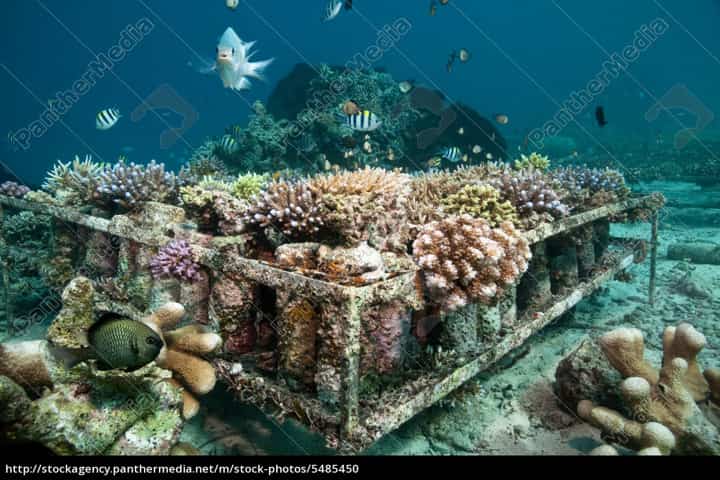Scientists have been studying varied ways of increasing fish production and helping the community engaged in fishing earn better. One of the methods suggested by marine scientists of Central Marine Fisheries Research Institute, located in Kerala’s Kochi city is creating artificial reefs.
This according to the scientists who were participating in a symposium on innovations in fishing technologies held in Kochi will increase production of fish and promote welfare and livelihood of the fishing community. The reefs on the sea bed would enable growth of marine fauna and flora thereby creating a natural environment for production of fish.
Artificial reef is a shelter placed on the sea bed as a substitute for natural habitats and being designed scientifically it functions as a self-sustaining production system. A total of 280 such reefs are at present used in India’s coastal waters, including 243 in Tamil Nadu and 28 in Kerala.
In a report prepared by CMFRI such reefs offer vast opportunities for a substantial increase in fish catch, especially for small-scale fishermen who use hook and line. Apart from saving costs, artificial reefs offer many environmental benefits like reduction of carbon footprint due to fishing, enhancement of biodiversity, reducing wave energy and thereby containing erosion of the coasts and helping in stabilising islands.
The habitat in such reefs can become home to more than 300 species. These include groupers, breams, perches, snappers, sea bass, cobia, silver biddies, rabbit fishes, barracuda, seer fish, queen fishes, trevallies and mackerel among others.
The report which was authored and presented by A. Gopalakrishnan, CMFRI Director and V.V.R. and Joe K Kizhakudan, Principal Scientists of the organisation mentions that artificial reefs can be deployed only at designated sites after a competent authority carries out a study.




















